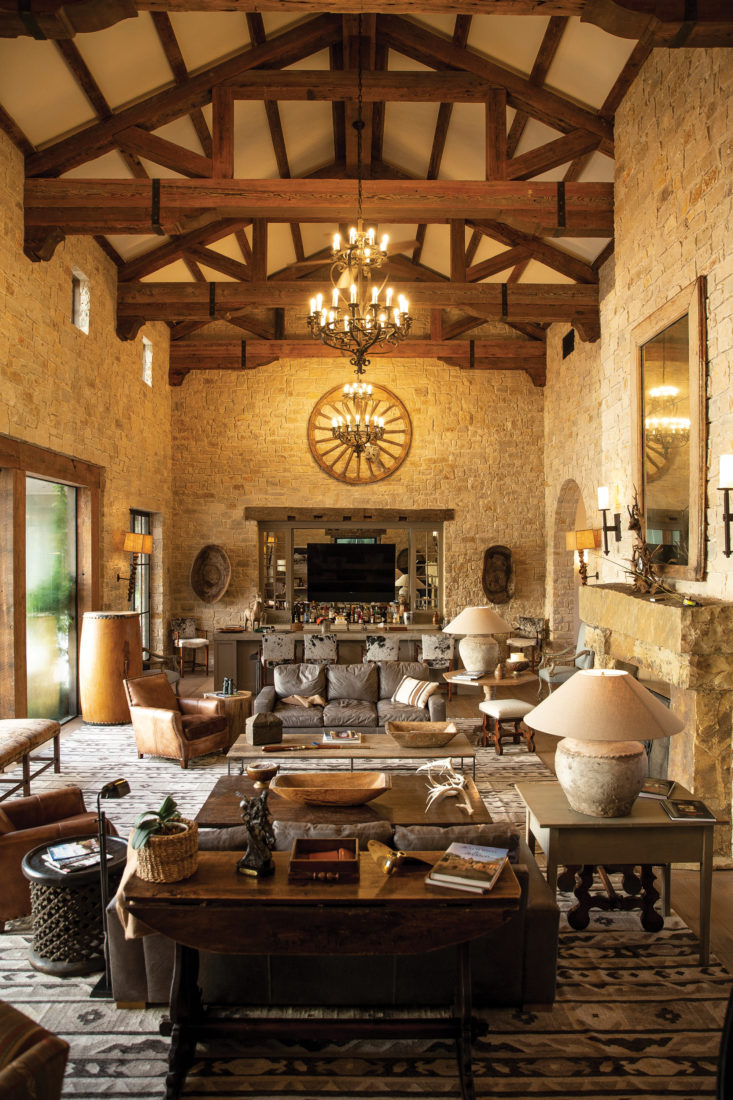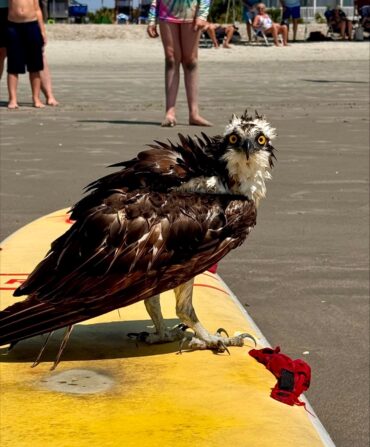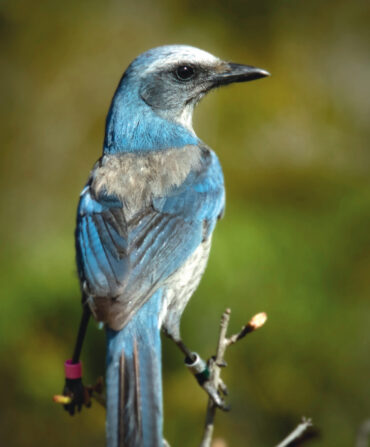Teal are the most dishonest of ducks. They don’t circle your decoys in great looping gyres, as ducks are supposed to do, giving you a chance to steel your spirit and ready the gun. They don’t talk back to your quacks or drift into the decoys with wings set and feet splayed. Instead, they swarm over the horizon like giant clouds of bees and strafe the decoys from any direction they please. Which is why, as I’m hunkered down in a Texas Coastal Plains duck blind, at the sight of another teal swarm on the horizon, my heart hammers.
“You see them, right?” I ask one of my blind mates.
“They’re coming. You see them coming?”
He doesn’t have time to answer, because here they are, just that fast, fifteen teal banking over the back of the blind and three guns up and nine shells spent and maybe a trio of ducks on the water.
No. Make that two.
“Holy cow, man,” I groan. “How can such a little bird give us such a big beatdown?”
My blind mate has no answer, but I can take solace in this: If I’m going to take a duck spanking, I’m happy to volunteer here, at one of the most elegant duck lodges I’ve ever visited.
Located about a ninety-minute drive southwest of Houston, Spread Oaks Ranch sprawls across a 5,500-acre mosaic of cattle lands; fields of organic rice, soybeans, and corn; and wetlands. Live oaks cluster in picturesque mottes on the prairie. Rare coastal prairie grasslands lie cloaked in Indian grass and bluestem. Five miles of the Colorado River form part of the ranch’s eastern border, while the year-round flow of Blue Creek feeds its wetlands and ponds.
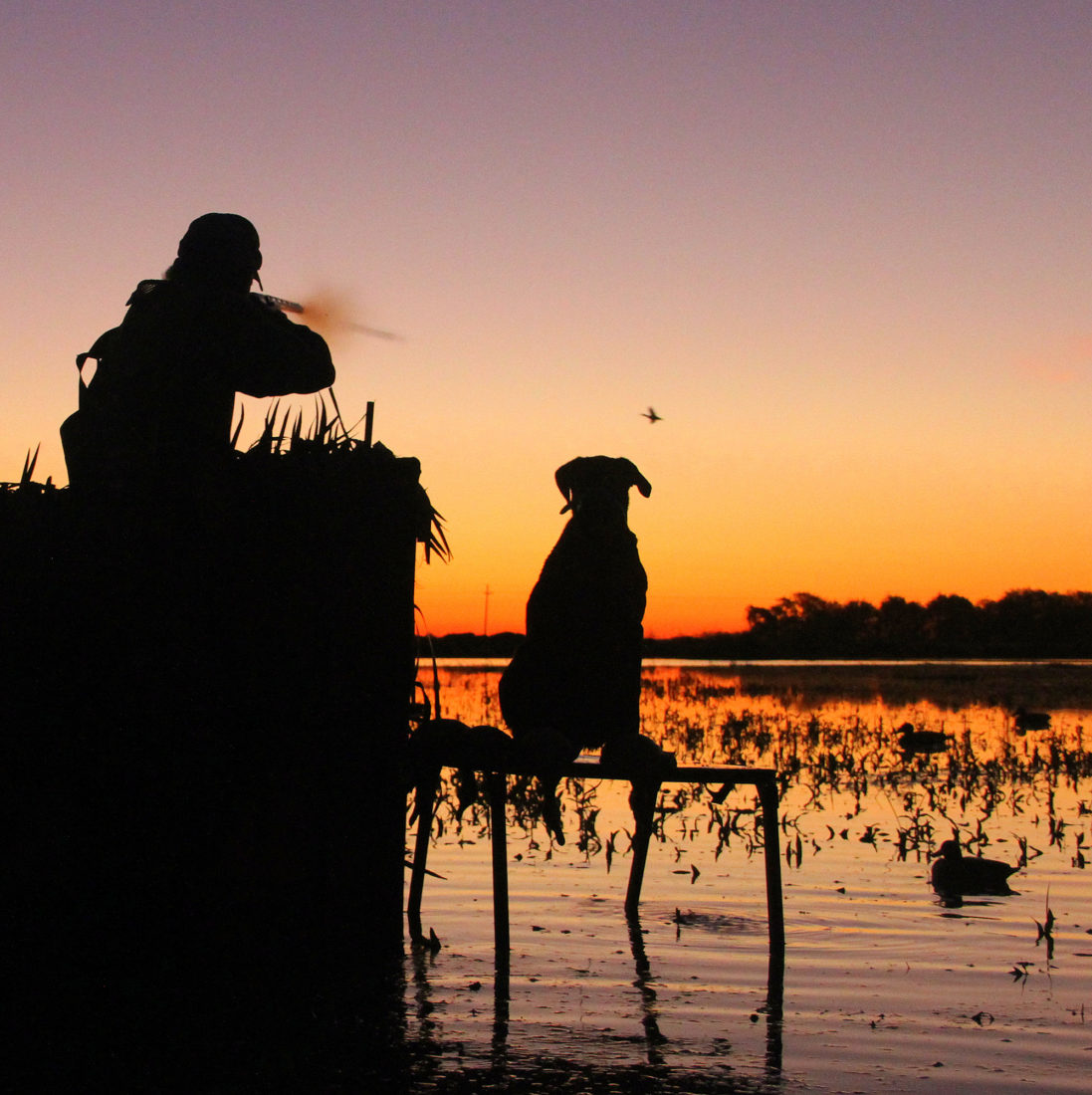
Such a bounty of water in Texas draws waves of migrating waterfowl ready to put down winter roots in the southernmost reaches of the Central Flyway. Migrations of teal, pintail, and mallard are a draw here, but the property is also centered in the Texas range of mottled ducks, a true trophy for waterfowlers. Hunting sandhill cranes is another popular option, and Spread Oaks also offers alligator, hog, dove, and deer hunts.
Taking advantage of that bounty requires that you leave the lodge proper, however, and that’s no easy task.
We arrived on a sunny midafternoon in January, in short-sleeves weather and with time to explore the lodge and its associated casitas. Groups at Spread Oaks Ranch are typically scheduled on a buyout basis, so we had the place to ourselves. In the entrance courtyard, a stone fountain from a French town square burbles. Inside the soaring fifteen-thousand-square-foot cream stone lodge, hand-carved sculptures, hair-on-hide barstools, and acres of leather sofas and chairs beckon. Outside, an infinity pool gives way to a verdant lawn and a five-acre lake. We were pulling bass from the water within minutes of stringing rods.
This welcoming mix of country retreat and get-after-it sporting options flows naturally from the ranch’s owner. Forrest Wylie grew up in the hardscrabble Coastal Plains, where his father was an itinerant oil field worker. That gave the young Wylie plenty of unrestricted time. “We’d hunt and fish tennis-shoe-style,” he says with a laugh, drink in hand, his tall frame relaxed in a Mexican equipale chair. That meant sneaking onto ranch ponds to shoot wood ducks, with pals stringing the birds through the belt loops of their blue jeans, always ready for a quick escape.
Wylie’s own efforts in Texas oil fields were fruitful, and he built a broad portfolio of energy and investment businesses. That’s given him the blessing of turning back to the landscapes that fashioned his childhood. “I wanted a place where I had access to the things that mattered to me as a kid,” he says, “and central to the equation were open lands, and working lands, and tons of wildlife.” He bought the first parcel of what would be Spread Oaks Ranch in 2012, then added two more adjoining properties, opening the ranch to guests for its first full season last year. And throughout, Wylie has brought a conservation-based approach to the landscape. All but a small portion of the ranch’s more than eight square miles are deeded in a conservation easement. “So much of Texas land management is one-dimensional,” he laments. “It’s just about timber. Or just about agriculture or just about cattle. There’s not enough balance, and that’s what I wanted to create here. Taking care of the land and all that involves—the wildlife, the water, the forests, all of it.”
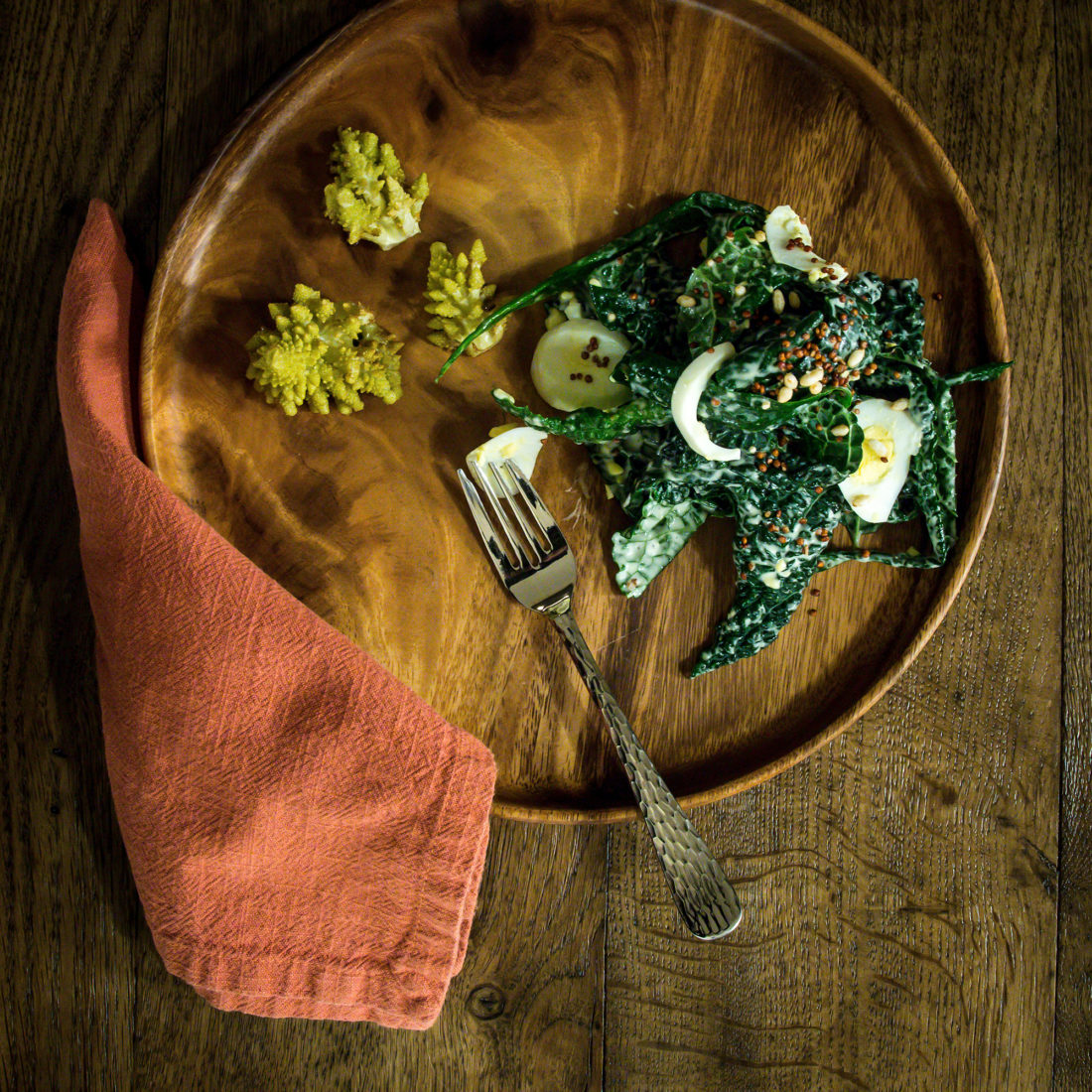
Others on the Spread Oaks Ranch team ensure that its vibe stays thoroughly Texan. Ranch manager Tim Soderquist spent years as a regional director for Ducks Unlimited, building on his teenage years guiding duck and goose hunters on the Katy and Eagle Lake prairies some twenty miles north of Spread Oaks. Meanwhile, chef Ric Rosser is another Texas native and can wax equally poetic about heirloom okra and traditional cured hams. He’s set up extensive gardens and a custom-built smokehouse. “If you ask me what we’re cooking,” he says, grinning, “my answer is: whatever we’re growing.”
Unfortunately, none of the pampering, the poolside drinks, the authentic chuck-wagon cocktail dinners, or the private casitas with their miles-deep mattresses make it easy to get out of bed before dawn, nor swing nimbly on a teal coming from behind with a few dozen other birds splitting the air. But if you’re going to get schooled by ducks, this is the place.
This article appears in the August/September 2020 issue of Garden & Gun. Start your subscription here or give a gift subscription here.


